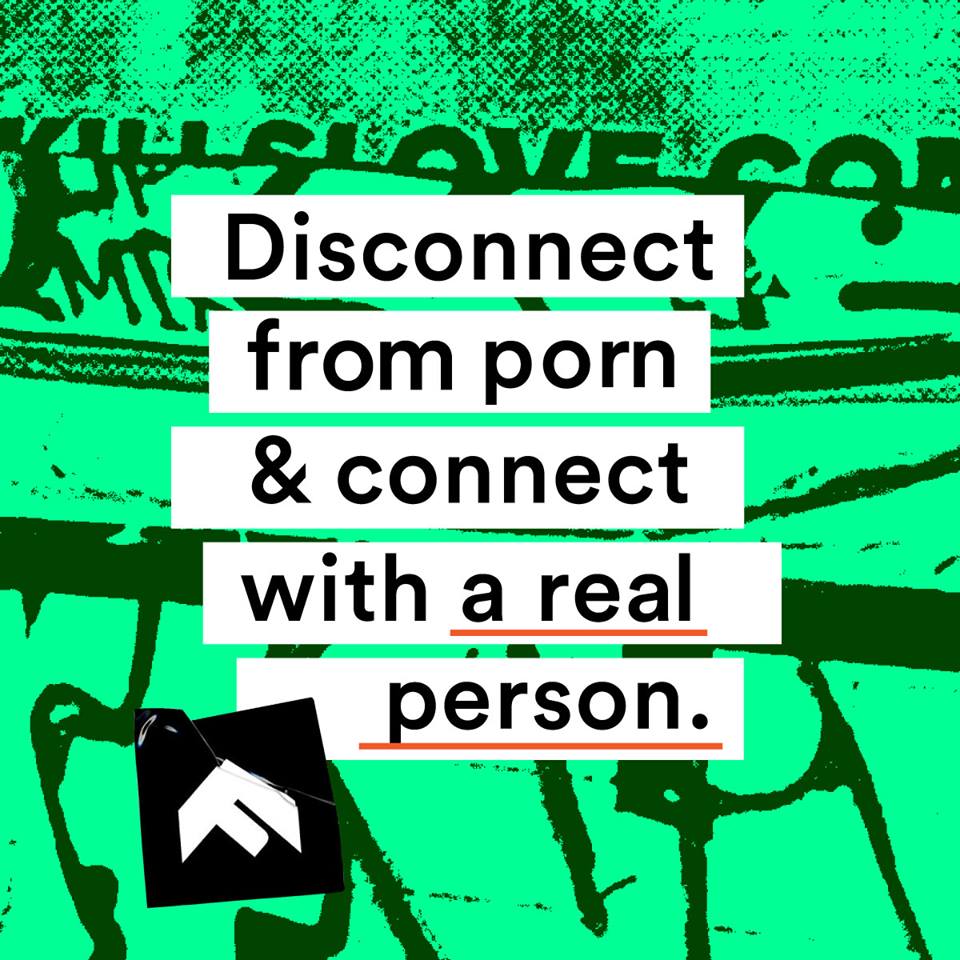Japan has a reputation as one of the sex capitals of the world.
As BBC correspondent Rupert Wingfield-Hayes puts it, “Whatever your taste or fantasy, it’s catered for somewhere here. This is the country that invented the love hotel.”
That reputation, though, has recently been put into stark contrast against the reality: Japanese millennials aren’t having sex. Government studies show that around 43% of people between 18 and 34 are virgins, and 64% aren’t in a sexual relationship.
Watch: The BBC’s Report on Young, Sexless People in Japan.
The alleged reasons are almost as diverse as Japan’s famed sex industry—some men say they find women “scary,” some women say that men just “can’t be bothered,” young people claim to be focused on careers, and men find it easier to find satisfaction by watching porn or reading hentai comics. Unsurprisingly, the birthrate in Japan has cratered, and it’s predicted that the country of 127 million will shrink by more than 40 million in the next 50 years.
Related: How Porn & Technology Are Creating Sexless Japanese Millennials
All of this will create serious economic problems, but the social problems that the lack of intimate relationships points at is maybe even more worrying—people aren’t looking to connect with each other anymore.
The importance of connection
Hear us out, for a minute: While sex is important, we aren’t fighting for sex just for sex’s sake. Physical connection is important, but not for itself—it’s important as a part of connecting deeply and intimately with another person, and that’s the major reason why this story of sexless Japanese Millennials is so worrying. Why aren’t they taking the time and energy to build connections with each other?
Biologically speaking, humans are social creatures—to be happy and healthy people, we need to have personal relationships with others, and sex can be a big part of that. In this way, skipping out on building an intimate relationship because it’s “scary” or “difficult” or “complicated” can deprive a person of personal connection and leave them unhappy and unhealthy.
Related: What Really Happened To The Man Who Died Under 6 Tons Of Porn Magazines
It’s probably not a coincidence that Japan has a high suicide rate and high rate of depression, problems that research has directly related to a lack of connection with others. There’s even a word, hikkomori, which describes people (primarily young people) who choose never to live their house, or even a single room. Some people have “relationships” with virtual “girlfriends,” preferring that unrealistic fantasy to real-life interaction with the opposite sex.
Clearly, people are hard-wired to connect with other people, face to face.
Of course, saying that everybody should have intimate relationships that involve physical connection when both partners are ready is also ignoring the intense work that goes into a healthy connection. It’s true that having a healthy relationship isn’t always easy. It requires time, effort, sacrifice, vulnerability, intentionality, and work. These are all things that can’t be found through online porn sites, or in magazines, or from virtual relationships, and don’t require that kind of effort or weathering any sort of rejection.
And while maintaining a strong and healthy relationship is by no means easy, it’s one of the most rewarding things that we as people can do, and it’s a way better choice than turning to internet porn or other types of relationship substitutes.
A look into the future
A world where men and women are afraid of or uninterested in each other, for whatever reason, would be a scary place, and we don’t want the problems troubling modern Japan to be a window into that future. Even if this seems like an issue that’s far away from home and not super relevant to us, it’s not that hard to see similar things creeping in if you look around you.
Related: Japanese Talent Agents Arrested For Forcing Models To Make Porn
Consider the fact that most people spend way more time on our phones and less time making personal connections across all aspects of life. Think about how in 2017, the equivalent of over 524,640 years of porn was watched—and that was just on one popular website. Japan is not the only country facing declining birth rates, either, which can be a sign of decreasing interest in relationships and sex. Among others countries facing similar declines in birth rates each year are the U.S., Denmark, and Singapore. Yikes.
The good news, though, is that each and every one of us has the power and tools to help change this. Making personal connections and building relationships is a choice. If we make the effort, there’s no need to settle for digital substitutes. If we see synthetic sexuality for the relationship roadblock that it really is, we might not be as inclined to invest our time.
Related: Four Ways Watching Porn Can Disconnect You From Reality
Let’s all commit to love and connection, and the world will be a better, healthier place because of it. Fight for your love, and choose to connect with a person instead of a device.

Get Involved
Help bring people together. SHARE this article to let people know that connecting with others isn’t so hard, and that a little bit of effort can be seriously rewarding.
Spark Conversations
This movement is all about changing the conversation about pornography and stopping the demand for sexual exploitation. When you rep a tee, you can spark meaningful conversation on porn’s harms and inspire lasting change in individuals’ lives, and our world. Are you in? Check out all our styles in our online store, or click below to shop:
Your Support Matters Now More Than Ever
Most kids today are exposed to porn by the age of 12. By the time they’re teenagers, 75% of boys and 70% of girls have already viewed itRobb, M.B., & Mann, S. (2023). Teens and pornography. San Francisco, CA: Common Sense.Copy —often before they’ve had a single healthy conversation about it.
Even more concerning: over half of boys and nearly 40% of girls believe porn is a realistic depiction of sexMartellozzo, E., Monaghan, A., Adler, J. R., Davidson, J., Leyva, R., & Horvath, M. A. H. (2016). “I wasn’t sure it was normal to watch it”: A quantitative and qualitative examination of the impact of online pornography on the values, attitudes, beliefs and behaviours of children and young people. Middlesex University, NSPCC, & Office of the Children’s Commissioner.Copy . And among teens who have seen porn, more than 79% of teens use it to learn how to have sexRobb, M.B., & Mann, S. (2023). Teens and pornography. San Francisco, CA: Common Sense.Copy . That means millions of young people are getting sex ed from violent, degrading content, which becomes their baseline understanding of intimacy. Out of the most popular porn, 33%-88% of videos contain physical aggression and nonconsensual violence-related themesFritz, N., Malic, V., Paul, B., & Zhou, Y. (2020). A descriptive analysis of the types, targets, and relative frequency of aggression in mainstream pornography. Archives of Sexual Behavior, 49(8), 3041-3053. doi:10.1007/s10508-020-01773-0Copy Bridges et al., 2010, “Aggression and Sexual Behavior in Best-Selling Pornography Videos: A Content Analysis,” Violence Against Women.Copy .
From increasing rates of loneliness, depression, and self-doubt, to distorted views of sex, reduced relationship satisfaction, and riskier sexual behavior among teens, porn is impacting individuals, relationships, and society worldwideFight the New Drug. (2024, May). Get the Facts (Series of web articles). Fight the New Drug.Copy .
This is why Fight the New Drug exists—but we can’t do it without you.
Your donation directly fuels the creation of new educational resources, including our awareness-raising videos, podcasts, research-driven articles, engaging school presentations, and digital tools that reach youth where they are: online and in school. It equips individuals, parents, educators, and youth with trustworthy resources to start the conversation.
Will you join us? We’re grateful for whatever you can give—but a recurring donation makes the biggest difference. Every dollar directly supports our vital work, and every individual we reach decreases sexual exploitation. Let’s fight for real love:


